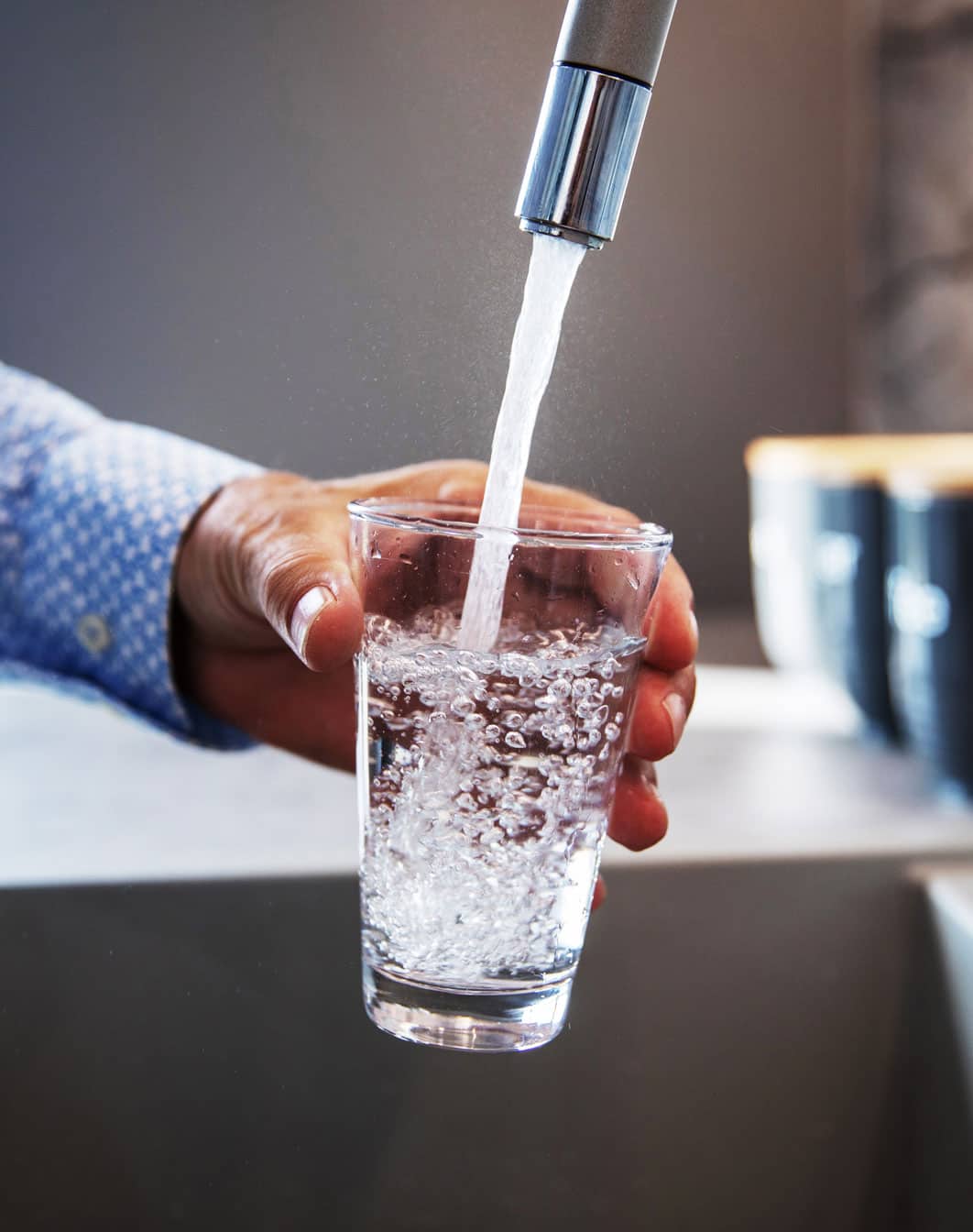Improved water quality
Whole home water filters can help to remove impurities and contaminants from the water, improving its overall quality. This can lead to better tasting and smelling water, as well as water that is safer to drink and use for cooking and cleaning.
